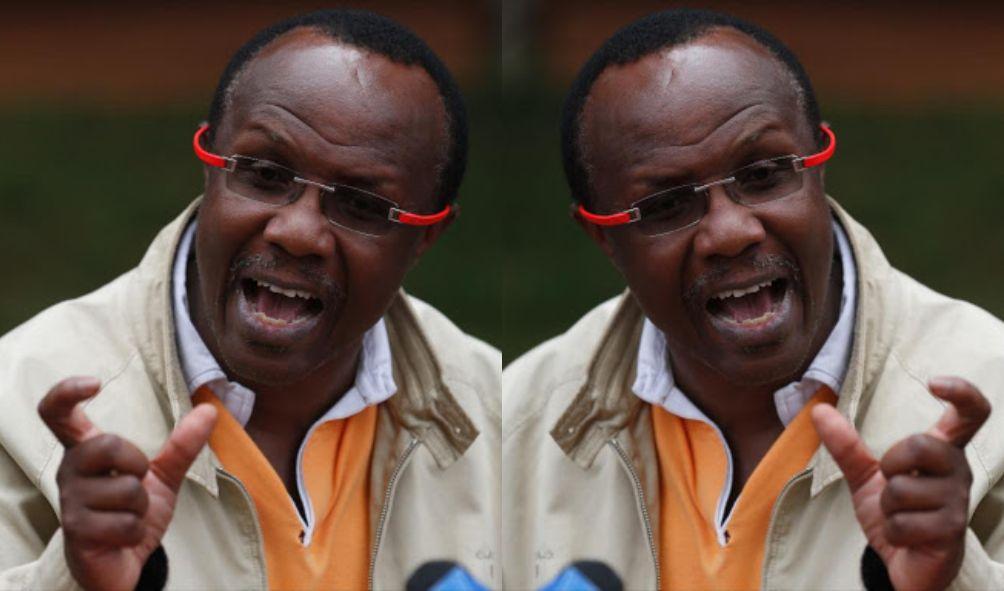Ruto Economic Advisor David Ndii Speaks Out on Fuel Subsidy Controversy
David Ndii, the economic advisor to President William Ruto, defended the Kenya Kwanza administration on Saturday, August 19, as Kenyans continue to criticize the government for reinstating the fuel subsidy, months after the Head of State eliminated it, arguing that it is unsustainable.
In a statement released on Saturday, August 19, Ndii emphasized that the initiative to standardize fuel was already defined in the Kenya Kwanza platform.
This program, he argued, should not be considered a subsidy. Ndii provided a copy of the manifesto, which proposed the establishment of a legal framework to protect the gasoline stabilization fund, in support of his statement.
The seasoned economist disagreed with the recent public criticism of the current administration, arguing that it is misplaced.
Ruto has been accused of doublespeak in recent days, particularly in light of his criticism of former President Uhuru Kenyatta for implementing the program in 2021.
“This should put an end to this nonsense about subsidies and stabilization, but it won’t because some dynasty courtiers would rather see the country fail than Ruto succeed,” he stated.
ALSO READ: EPRA Reinstates Uhuru Fuel Subsidy Scrapped by President Ruto
However, minutes after issuing the statement, some Kenyans identified flaws in Ndii’s statement, with some questioning whether the Ruto administration completely implemented its initial plan to develop a framework before stabilizing fuel prices.
The Energy and Petroleum Regulatory Authority (EPRA) has implemented price standardization through the Petroleum Development Levy, as outlined in the Petroleum Development Levy Order of 2020.
Unlike subsidies, this mechanism maintains price stability without drawing from the exchequer.
“The fund shall also be used for matters relating to the development of the oil industry, including stabilizing local petroleum pump prices in cases of spikes caused by high landed costs over a threshold determined by EPRA,” reads a portion of the statement.
In its most recent pricing update for August, EPRA maintained the same prices as in July. Specifically, the prices for Super Petrol, Diesel, and Kerosene will be Ksh194.68, Ksh179.67, and Ksh169.48, respectively.
Without standardization, the price of one liter of Super Petrol would have been Ksh202.01.
Ruto Economic Advisor David Ndii Speaks Out on Fuel Subsidy Controversy
